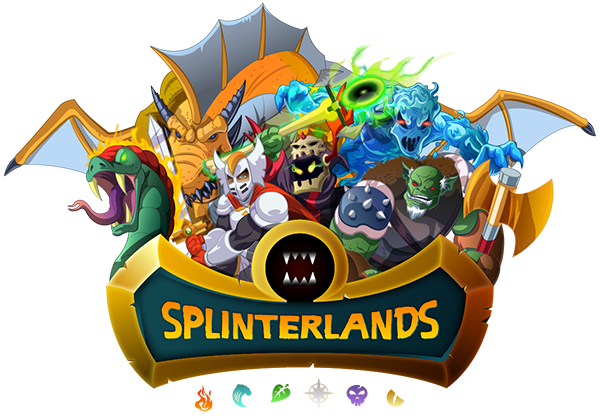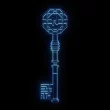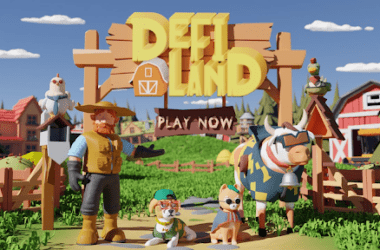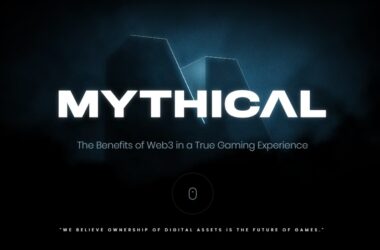Quick take:
- Splinterlands has announced plans to launch decentralised validator nodes, moving closer to full decentralisation.
- The company is introducing a mainnet feature that will unlock fresh rewards for its growing user community.
- The mainnet validator node is expected to debut later in 2022, in the third or fourth quarter.
Leading play-to-earn card game Splinterlands is taking a big step towards becoming a fully decentralised blockchain game. The company announced Thursday it is introducing decentralised Splinterlands Validator Node, a mainnet feature that will unlock more rewards for its massive user base.
Splinterlands has been the leading NFT-based game for nine months running, recently surpassing the 2 billion games played milestone. The Chaos Legion Pack maker is planning to roll out the mainnet feature of the validator node later in 2022, in the third of the fourth quarter.
According to the company’s statement “the SPS validator software will be fully open-source, enabling anyone to download, install, and run it without any extra costs or restrictions.” However, Splinterlands will require users to pay for the node licences. The feature will be initially offered on Linux machines as a “ docker container” with later releases for Windows, and Mac OS planned for later.
The SPS licences will also be used to form a governance mechanism, giving players more control in the game. The mechanism will utilise a Dedicated Proof-of-Stake (DPoS) system, allowing SPS token owners to vote “for accounts running validator nodes to elect further users or entities responsible for validating all SPS transactions and managing the SPS foundation funds,” the company wrote.
Commenting on the announcement, Aggroed Reich, CEO of Splinterlands said “this is a major step towards our goal of Splinterlands operating as a completely decentralised game that the players own and control through their SPS.”
Although staking more SPS tokens grants a validator more blocks, Spinterlands has limited to a small number of accounts, meaning only a few positions will be open for accounts to accumulate “a majority of the votes, and therefore the majority of the rewards.”
Nonetheless, all users will still be able to earn rewards for running validator nodes, without having to stake any SPS votes.
Players can purchase an SPS licence via a combination of SPS tokens and VOUCHER tokens. The company plans to further reduce the number of SPS tokens by burning 80% of them with the remaining 20% redirected to the SPS foundation. On the other hand, 100% of the VOUCHER tokens spent acquiring node licences will also be burned.
Overall, Splinterlands plans to roll out 60,000 licences in multiple phases, with the price increasing with each new phase. The licences will be offered in the form of NFTs, tradable on secondary marketplaces.
Stay up to date:




